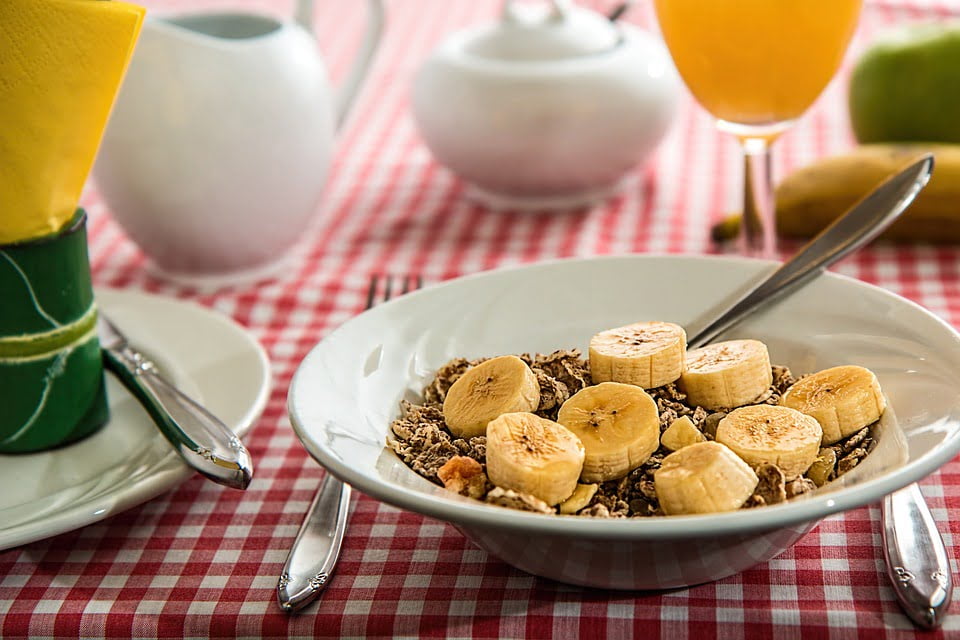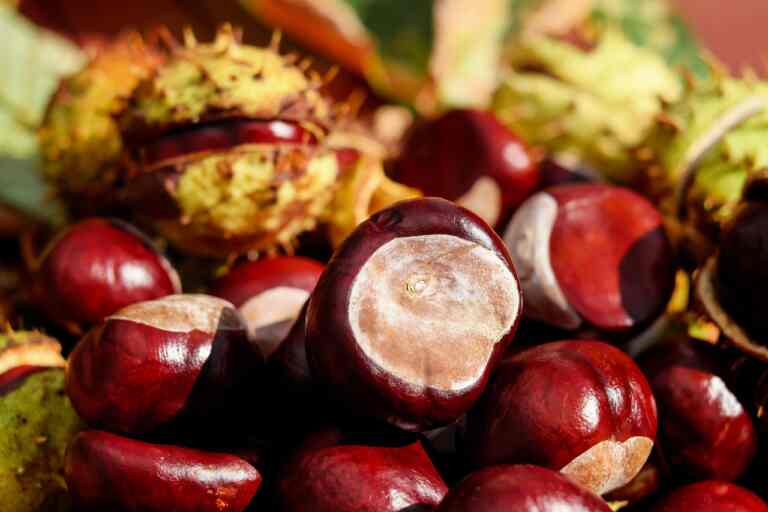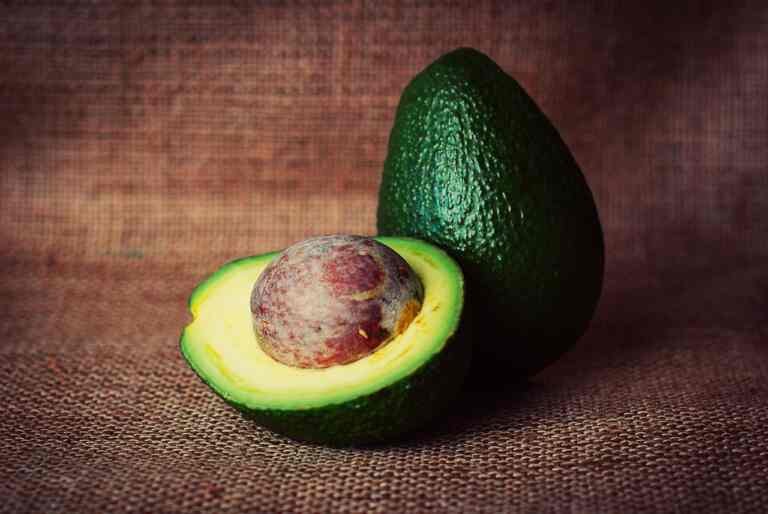Can we eat banana in empty stomach?
Can we eat banana in empty stomach? Bananas are a delicious and nutritious fruit that is enjoyed all around the world. However, there is some debate about whether or not it is safe to eat bananas on an empty stomach. In this blog post, we will explore this topic in detail and help you understand the facts behind this question.
What Happens When You Eat Bananas on an Empty Stomach?
When you eat bananas on an empty stomach, the fruit goes into your digestive system without any other food to slow down its absorption. This can cause a sudden spike in blood sugar levels, which can be problematic for people with diabetes or other blood sugar-related conditions. Additionally, some people may experience indigestion, bloating, or other digestive issues when consuming bananas on an empty stomach.
The Benefits of Eating Bananas on an Empty Stomach
Despite the potential drawbacks, there are also some benefits to eating bananas on an empty stomach. For example, bananas are an excellent source of fiber, which can help promote digestive health and prevent constipation. They are also rich in vitamins and minerals, including vitamin C, potassium, and magnesium, which are essential for overall health and wellbeing.
How to Eat Bananas Safely on an Empty Stomach
If you want to eat bananas on an empty stomach, there are some precautions you can take to minimize the risk of negative side effects. First, consider eating a small, ripe banana rather than a larger, unripe one. This can help reduce the amount of starch and sugar that your body has to digest. Additionally, try eating your banana with some protein or fat, such as a handful of nuts or a tablespoon of almond butter. This can help slow down the absorption of sugar into your bloodstream and reduce the risk of a sudden spike in blood sugar levels.

Here are some additional details to consider when it comes to eating bananas on an empty stomach:
- Timing Matters: If you’re going to eat a banana on an empty stomach, it’s best to do so early in the day before you’ve had anything else to eat. This can help minimize the impact on your blood sugar levels and reduce the risk of digestive issues.
- Consider Your Individual Needs: The effects of eating bananas on an empty stomach can vary from person to person. If you have a sensitive stomach or any digestive issues, it may be best to avoid eating bananas on an empty stomach altogether.
- Don’t Rely on Bananas Alone: While bananas are a healthy and nutritious fruit, they should not be relied upon as a sole source of nutrition. Make sure you are consuming a balanced diet that includes a variety of fruits, vegetables, whole grains, and lean proteins.
- Choose Your Bananas Wisely: When selecting bananas to eat on an empty stomach, look for ones that are fully ripe with brown spots on the skin. These bananas will be easier to digest and contain more antioxidants than unripe bananas.
Overall, eating a banana on an empty stomach can be safe and beneficial for some people, but it’s important to consider individual needs and preferences. If you have any concerns or experience negative side effects, it’s always best to consult with a healthcare professional for personalized advice.
Conclusion
In conclusion, while there are potential risks to eating bananas on an empty stomach, there are also some benefits. If you want to enjoy this fruit on an empty stomach, be sure to do so in moderation and consider pairing it with some protein or fat to help reduce the risk of negative side effects. As with any dietary changes, it’s always a good idea to consult with a healthcare professional if you have any concerns or underlying health conditions.
Related Posts
This article is reviewed by Russel, before publishing. If you have any doubt, you can contact us or consult with your nearby doctor. Remember, in medical matters, there is no same advice, cure, and medicine for all.






